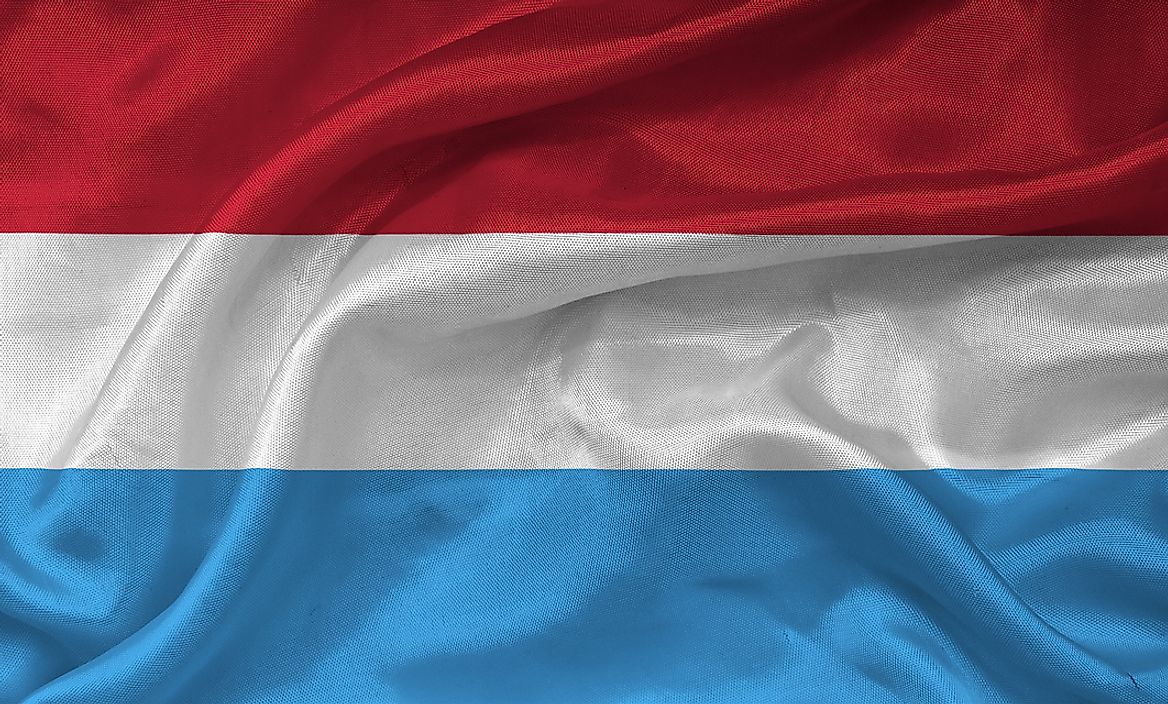What Languages are Spoken in Luxembourg?

Official Languages of Luxembourg
The major languages spoken in Luxembourg include Luxembourgish, French, and German. All three are established as official administrative languages of the country, although Luxembourgish is the national language. Luxembourgish is part of the Indo-European language family and is defined as a West Central Germanic language and part of the High German languages. Luxembourgish is closely related to the German language, and some linguists even claim Luxembourgish is not a distinct language, but rather a standardized form of German language due to many similar characteristics, including a similar consonant inventory.
Dialects of Luxembourgish
The Luxembourgish language exists in several dialects whose characteristics are defined by the regions in where they are spoken. Various dialects include: Weelzer from Wiltz, Minetter from Southern Luxembourg, Veiner from Vianden, Stater from Luxembourg, Areler from Arlon, Kliarrwer from Clervaux, Eechternoacher from Echternach, and Miseler from Moselle. However, the version of Luxembourgish used in official communication across country is a standardized version of Luxembourgish.
Standardization of Luxembourgish
The history of establishing a standardized version of Luxembourgish is traced back to the mid-19th century, as numerous proposals were presented by prominent Luxembourgish linguists of the era. However, the first documented standard Luxembourgish orthography was adopted in 1946 and was known as the “ofizjel lezebuurjer ortografi” or OLO. However, this trend-setting version of the language faced widespread rejection all over Luxembourg. The current standardized Luxembourgish language was formulated in the late 20th century by a committee of linguists and experts who drafted the 5-volume “Luxemburger Worterbuch,” which was made official in 1975. However, in recent years, Luxembourgish is experiencing further standardization through a process known as koineization, which is mainly caused by the mass media’s dissemination of Luxembourgish language. Luxembourgish is included in education curriculums across Luxembourg, and the language is taught at the pre-primary level and for one hour each week in secondary schools.
Foreign Luxembourgish Speakers
While the majority of Luxembourgish speakers are located within Luxembourg, there is a significant population of Luxembourgish speakers in foreign countries, particularly in Belgium, Germany, and France. The global number of Luxembourgish speakers is estimated to be about 390,000.
Administrative Languages: French and German
French and German are other major native languages spoken in Luxembourg. 80% of Luxembourg citizens identifying French as a second language, and 16% as a native language. 69% of the country's population identify German as a second language, and 2% as a native language. The two languages are used extensively by major public institutions, including media and police. While German is an official language in Luxembourg, the country is not a member of the Council for German Orthography and was not involved in the drafting of the Germany Orthography Reform in 1996. French is used as the language of legislation in Luxembourg, given the country’s use of the French Napoleonic civil code.
Foreign Languages: Portuguese and Italian, and English
Luxembourg is a cosmopolitan country and foreign-born workers, tourists, students, and guests make up 40% of the total population. The most common languages spoken by, foreigners include Portuguese, Italian, and English, and native residents of Luxembourg using these foreign languages when they are in establishments frequented by foreigners such as hotels and restaurants.











